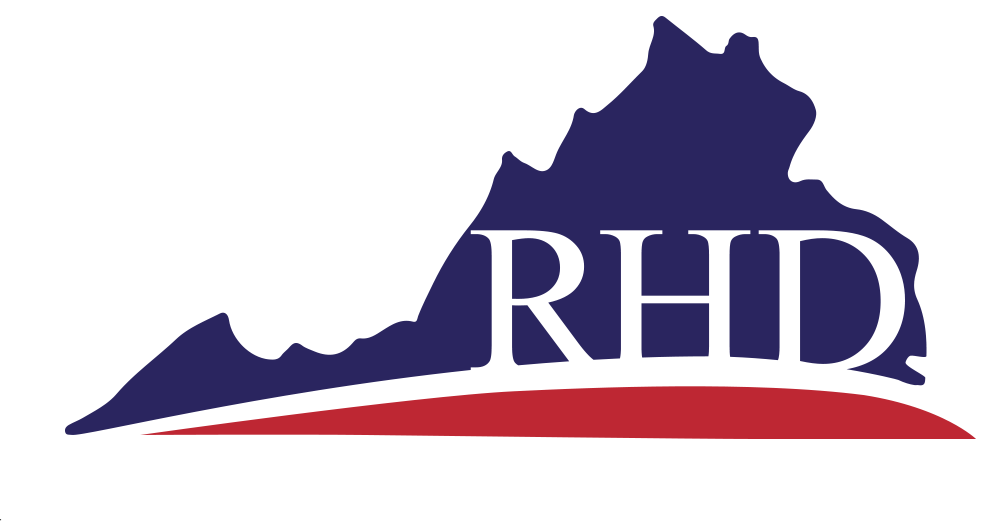Social media has become a ubiquitous part of our lives. While it can be a valuable tool for staying connected with friends and family, it can also have unintended consequences. For example, if you are involved in a workers’ compensation claim, your social media activity can significantly impact the outcome of your case.
Social Media Activity Can be Used as Evidence
One of the key ways that social media can impact a workers’ compensation claim is by providing evidence that can be used against the claimant. If an injured worker posts photos or updates suggesting they are not as injured as they claim to be, insurance companies and employers can use that as evidence to deny or reduce the claim.
For example, if a worker claims that they are unable to walk but then posts photos of themselves hiking or playing sports, that can undermine their claim and make it difficult for them to receive compensation.
Inconsistent Information Can Jeopardize Your Case
In addition to providing direct evidence that can be used against you, social media activity can also create inconsistencies in your claim that can jeopardize your case. For instance, if you post an update stating that you are feeling better but then tell your doctor that your condition has not improved, it can create doubt in the minds of insurers and employers about the validity of your claim. It’s important to be consistent in your claims and avoid posting anything that could call your injuries or limitations into question.
Tips for Responsible Social Media Use During a Claim
While it may be tempting to use social media to stay connected with friends and family during the claims process, it’s important to use social media responsibly to avoid jeopardizing your case. Here are a few tips for responsible social media use during a workers’ compensation claim:
- Avoid posting anything related to your claim: This includes updates about your injury, medical appointments, or discussions about your case. Even seemingly innocuous updates can be used as evidence against you, so it’s better to err on the side of caution and avoid posting anything related to your claim.
- Be mindful of photos: Photos can be particularly damaging if they suggest that you can do things you claim you cannot. For example, if you post a photo of yourself riding a bike but claim that you cannot walk, that can be used as evidence against you. Be mindful of the types of photos you post and how they could be interpreted.
- Keep your privacy settings high: If your social media profiles are public, insurers and employers can easily see any updates or posts you make. To protect your privacy, keeping your settings high and limiting who can see your posts is important.
- Be consistent in your claims: As mentioned earlier, inconsistencies can be used against you. To avoid this, it’s important to be consistent in your claims and avoid posting anything that could suggest otherwise.
The Importance of Seeking Legal Advice
Navigating the workers’ compensation claims process can be complicated, and it’s important to seek legal advice if you have any questions or concerns. An experienced attorney can help guide you through the process and provide advice on how to avoid jeopardizing your claim. They can also help you negotiate with insurance companies and employers to ensure that you receive the compensation and benefits you are entitled to.
While social media can be a valuable tool for staying connected with friends and family, it’s important to use it responsibly during the claims process in order to avoid jeopardizing your case.
Workers’ Compensation Help with Reinhardt | Harper | Davis
At Reinhardt | Harper | Davis, we understand that navigating the workers’ compensation claims process can be complicated and overwhelming. Our team of experienced attorneys have helped countless clients receive the benefits and compensation they are entitled to by providing knowledgeable advice and tenacious representation.
If you have any questions about your workers’ compensation claim, contact us today at (804) 294-2966 to learn how we can help.


